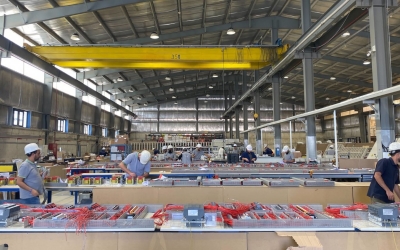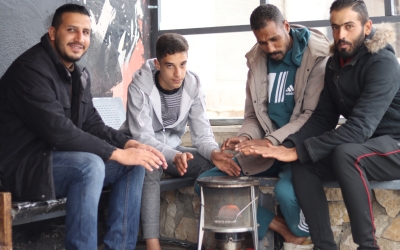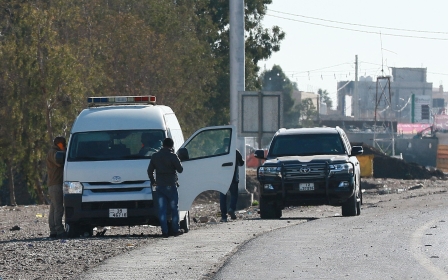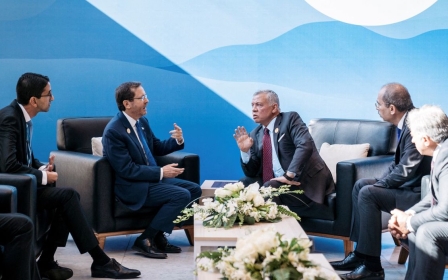Jordanians' trust in government significantly lower than during Arab Spring
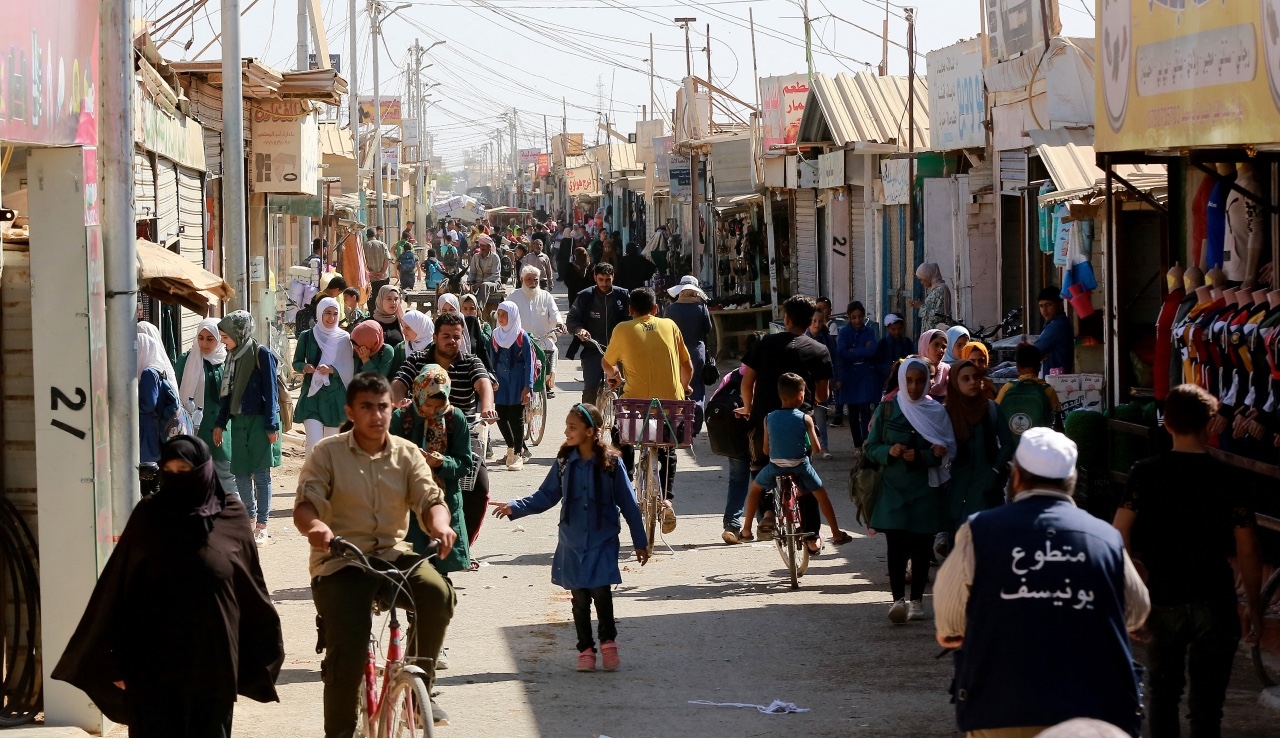
Jordanians' trust in their government sank to historic lows this year, and is now 41 points lower than at the time of the Arab Spring uprisings, according to a 2022 report by Arab Barometer.
The main driver of Jordanians' loss of faith in their government is the economy, with nearly two-thirds listing it as the most critical problem facing Jordan.
The country is coping with a soaring cost of living crisis and the inability to provide jobs for many of its youth. Jordan’s traditional government contract, which consisted of the ruling Hashemite family dishing out patronage jobs to the country’s tribes, has fractured as state coffers run dry.
Jordan’s tourism industry, a rare bright spot for the country, was particularly hard hit by the pandemic. Since 2019, total unemployment has ticked up from 19 percent to 23 percent and is currently 50 percent for the kingdom’s youth. Russia’s invasion of Ukraine has also contributed to rising prices.
Jordanians from different backgrounds, regions and social levels rated the economy equally, with just 15 percent classifying it as "good", suggesting widespread discontent within the kingdom.
The level of economic frustration and loss of faith in government is noteworthy because Jordan largely evaded the upheaval that struck its neighbours following the 2011 Arab Spring.
Corruption
In December, Jordan was hit by rare protests, triggered by taxi and truck drivers striking over rising fuel prices. Last week, three Jordanian police officers were killed in a shootout as they tried to apprehend the suspected killers of a senior police chief from the southern city of Maan, which is grappling with unrest.
Jordanians are also frustrated with corruption. Of those polled, 88 percent said corruption is prevalent to a large or medium extent in the national government, a dramatic increase from before the Arab Spring when two-thirds said it was similarly prevalent.
The 10 million-strong nation squeezed between Iraq, Syria, Israel, the occupied West Bank and Saudi Arabia, is one of the US’s closest regional allies and heavily dependent on Washington for aid.
Perhaps unsurprisingly for a country where at least half the population is of Palestinian origin, just five percent of those polled support normalisation with Israel. Jordan established diplomatic ties with its neighbour about two decades ago. But relations are largely maintained at the government level, with limited people-to-people interaction.
Less than one percent of those polled by Arab Barometer ranked foreign interference and terrorism as a top challenge. Only one percent listed instability as a concern.
Middle East Eye delivers independent and unrivalled coverage and analysis of the Middle East, North Africa and beyond. To learn more about republishing this content and the associated fees, please fill out this form. More about MEE can be found here.


